
Probiotics and other agents targeting fatty acid oxidation are also under evaluation as treatment options for patients with renal cell carcinoma, according to Rana R. McKay, MD.

Your AI-Trained Oncology Knowledge Connection!


Probiotics and other agents targeting fatty acid oxidation are also under evaluation as treatment options for patients with renal cell carcinoma, according to Rana R. McKay, MD.

The new drug application for rivoceranib plus camrelizumab in unresectable hepatocellular carcinoma is supported by findings from the phase 3 CARES 310 study.

Investigators report a disparity in survival among Black patients with inflammatory breast cancer, although receipt of treatment does not appear to vary according to race.

Other angiogenic agents are also under investigation in renal cell carcinoma, according to Rana McKay, MD, who indicates it will be interesting to see how they compare with belzutifan.

The QPOLE assay may be a fast, low-cost alternative to other next-generation sequencing tools for POLE testing among patients with endometrial cancer.

Confirmatory results from the phase 3 PAPILLON study further support the FDA approval of amivantamab-vmjw for patients with locally advanced/metastatic EGFR exon 20 insertion–mutant non–small cell lung cancer.

Patients with metastatic renal cell carcinoma, and those who have been pretreated with immune checkpoint inhibitors and are naive, saw a benefit with lenvatinib plus pembrolizumab.

Eddy Saad, MD, explained how responses to immune checkpoint inhibitors can be elicited in patients with metastatic renal cell carcinoma.

The marketing authorization application for this first-in-class agent is based on data from the phase 3 SPOTLIGHT and GLOW trials; a recommendation is expected in 2024.

Investigators of the LOTIS-9 trial are assessing loncastuximab tesirine plus rituximab for the treatment of unfit or frail patients with untreated diffuse large B-cell lymphoma.

The phase 2 ORCHID trial met the respecified end point of Simon stage 1 design for patients with BAP1-mutated renal cell carcinoma.

The combination also demonstrates no new safety signals in patients with uresectable or metastatic disease and meets the phase 3 CheckMate-901 study’s primary survival end points.

Findings from the phase 3 DESTINY-Breast04 trial supported the approval of fam-trastuzumab deruxtecan-nxki for HER2-low breast cancer in China.
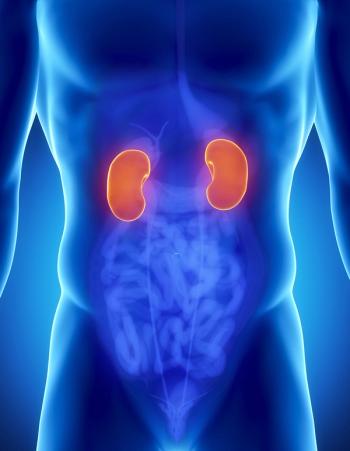
Better biology is needed to accurately determine risk stratification features in patients with clear cell renal cell carcinoma.

Robert J. Motzer, MD, reviews the need for increased studies on the use of immunotherapy in later-line settings for advanced renal cell carcinoma.
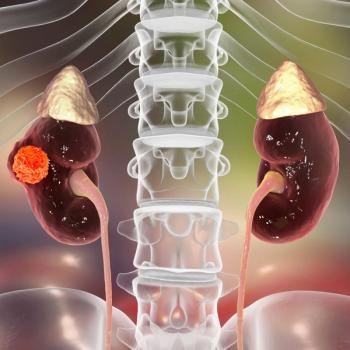
In patients with metastatic renal cell carcinoma, neoadjuvant immunotherapy–based combinations yielded reductions in tumor size and pathologic necrosis at the time of cytoreductive nephrectomy.
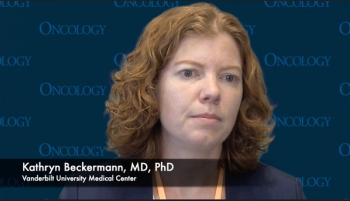
Clear cell renal cell carcinoma is driven by a metabolic switch that decreases VHL and increases ATP, according to an expert from Vanderbilt University Medical Center.

Findings from the phase 3 KEYNOTE-564 trial support adjuvant pembrolizumab following nephrectomy as a standard-of-care treatment for patients with clear cell renal cell carcinoma.
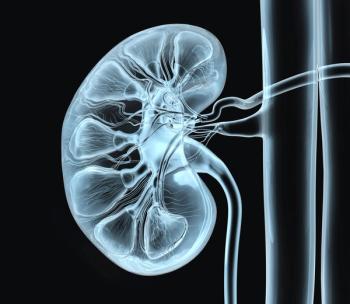
The improvements occur regardless of PD-L1 status among patients receiving lenvatinib plus pembrolizumab for advanced renal cell carcinoma in the phase 3 CLEAR study.

Using a laser ablation system, imaging mass cytometry is designed to measure over 40 metal isotopes in a tumor sample to identify how immune cells in clear cell renal cell carcinoma are organized.
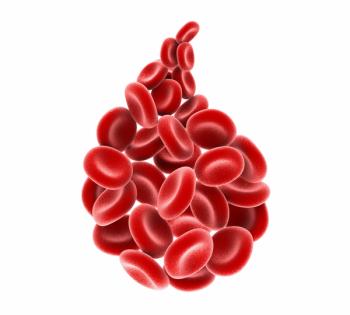
Factors including measurable residual disease and CAR T-cell expansion appear to predict duration of response following JCAR014 in those with relapsed or refractory chronic lymphocytic leukemia in a phase 1/2 trial.

Results from the phase 1/2 NP30179 trial led the European Commission to grant conditional marketing authorization to patients with relapsed/refractory diffuse large B-cell lymphoma.

Findings from the phase 1b KRYSTAL-1 trial support the continued development of adagrasib in the treatment of patients with KRAS G12C–mutated non–small cell lung cancer and central nervous system metastases.

Docetaxel does not appear to yield meaningful absolute improvements in survival among patients with metastatic castration-sensitive prostate cancer with low-volume, metachronous disease.

The supplemental new drug application for zanubrutinib and obinutuzumab in patients with relapsed/refractory follicular lymphoma is supported by data from the phase 2 ROSEWOOD trial.

Findings from a retrospective review suggest that stereotactic radiosurgery alone may be an effective option vs whole brain radiation therapy among those with small cell lung cancer with brain metastases.

Epcoritamab is a treatment option for patients with relapsed/refractory diffuse large B-cell lymphoma that was approved by the FDA based on findings from the phase 1/2 EPCORE NHL-1 trial.

Data from the phase 2 ROCKstar trial support the approval of belumosudil as a treatment for patients with chronic graft-versus-host-disease in Scotland.

Combining enfortumab vedotin with pembrolizumab yields a manageable safety profile in patients with locally advanced or metastatic urothelial cancer in the phase 1b/2 EV-103 study.

Findings from the phase 3 FRESCO-2 trial support fruquintinib plus best supportive care as a global treatment option for patients with refractory metastatic colorectal cancer.